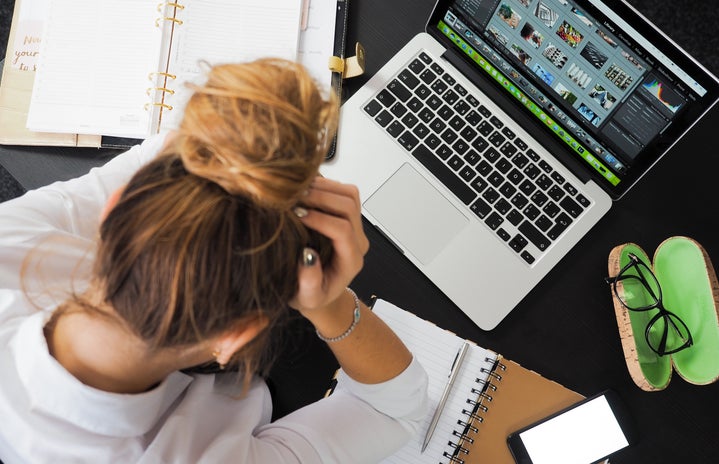Has the pandemic changed your view on how many hours you spend working, especially when that work was done from home?
For me, even as a student, I spent most of the early months of quarantine hunkered down and devoted to studying around the clock. That burnout is still here even months later, and I imagine that many feel the same. But I gained a new sense of dread as I noticed how one of my parents who worked from home was able to maintain 40 hours a week on the computer and I witnessed for months just how long those eight hours were for five days straight. It was the sad reality that I too would eventually be one of those people whose life was mostly working with only evening or weekend extracurriculars.
However, there are other countries like New Zealand that has been experimenting with a four-day work week for several years now. Back in 2018, the company Perpetual Guardian had over 200 employees switch from a five to a four-day workweek. After a few months, the switch reported positive feedback, with less stress among employees and upward changes to workplace performance. Now, the company Unilever has also recognized that the pandemic has caused plenty of burnout and is inspired for a way to better balance work and home life. The plan is for a year long trial run that is monitored on the progress of 81 workers that are in the country and will be conducted by the University of Technology Sydney in Australia. Even with the shorter weeks, workers are still receiving full pay.
Finland’s Prime Minister Sanna Marin also has ideas about a four-day week or cutting down to six-hours a day, which she strongly feels would benefit the workforce. Finland is globally known for its education system to give students a more balanced life, by not equating quality and retention of learning with time spent in the classroom. Seeing this idea being proposed around the world, it makes me wonder if it would be beneficial in the United States. There is great pride in being a hard worker, but I do not necessarily believe that hard work correlates with continuous time spent on a project until you physically or mentally can no longer handle it.
After all I have learned from this year, I found that healthy self-motivation, time management, and compassion for myself were the ways in which I was able to be the most productive, not from being continually burnt out. It came from creating a new lifestyle between my home, school, and work life, by taking care of myself in light of a global pandemic. I found it was not sustainable to work around the clock, but it is how some of our lives were before the pandemic. Eventually, we will create a new normal once the pandemic subsides, and I think it would be important to examine the work balance structure the United States has now and see how it can be improved for the general well-being of everyone.


